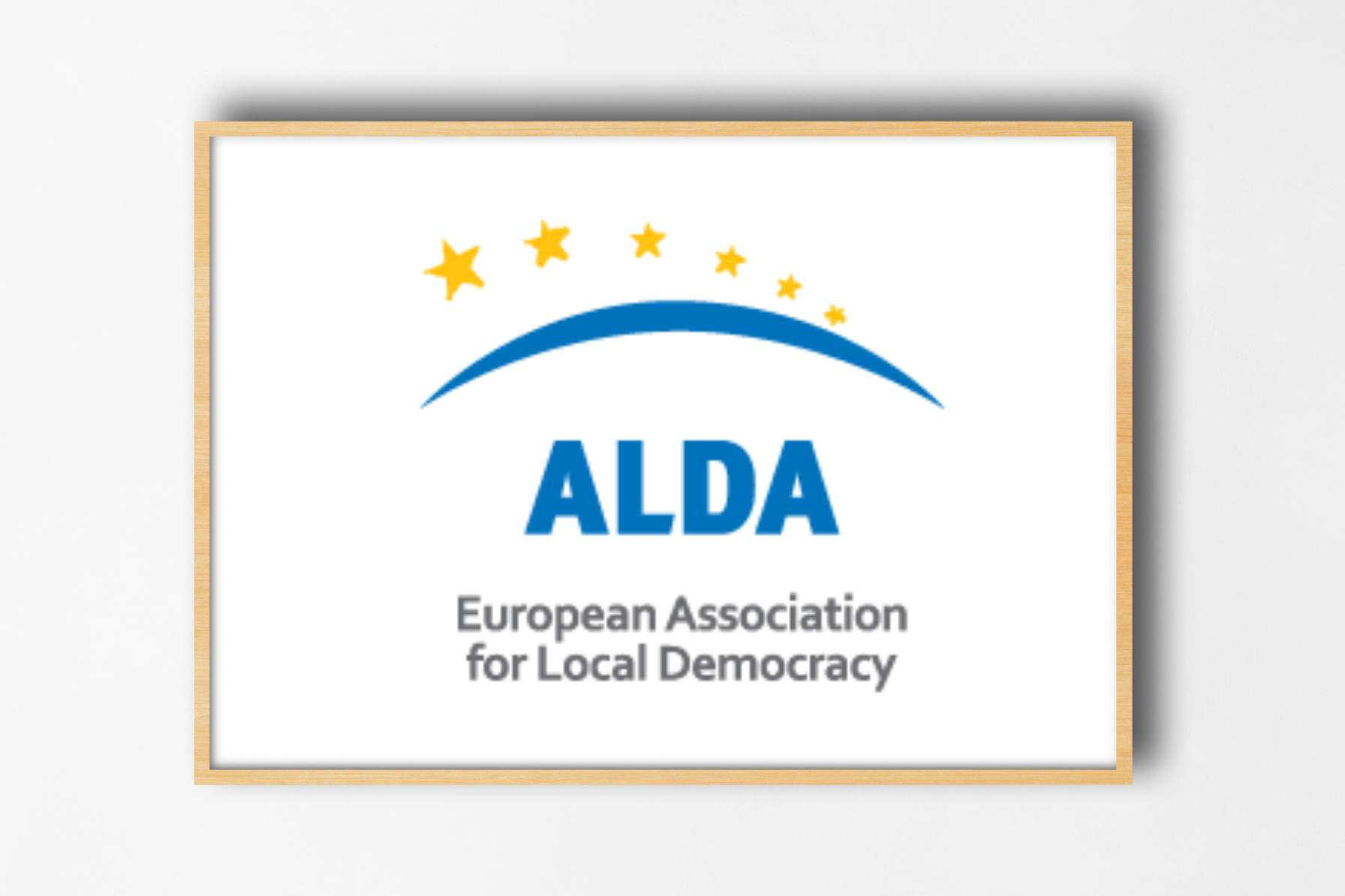Close to one thousand representatives of civil society organisations from around the world will be coming to Montréal’s Palais des Congrès from September 3 to 7.
These ‘super citizens’, activists working for democracy and the rights of millions of people all over the planet, will be taking part in the 11th World Assembly of global civil society network CIVICUS: World Alliance for Citizen Participation, organised in collaboration with the Institut du Nouveau Monde (INM).
CIVICUS is an international alliance of members and partners working to strengthen people’s participation and democracy. Its network encompasses social activists, protest movements, trade unions, religious networks, professional associations, NGOs, training and research organisations, representatives of the business world and philanthropic foundations and funding agencies.
Here in Canada, there is a new feeling of urgency about the ways in which power is exercised, which reflects people’s concerns elsewhere in the world. The Occupy movement and the casserole movement, the Arab and Maple Springs are all recent citizen actions that reflect a crisis of legitimacy for national governments and a questioning of our current models of governance. More and more people, especially young people, are demonstrating political dissent and demanding to be heard in their efforts to make their societies fairer and more just.
The CIVICUS World Assembly, whose theme this year is Defining a new social contract—making the future together, will bring delegates from a hundred countries from around the world to Montreal to lay the foundations for a new, inclusive social contract to bolster the rights of citizens to exist, express themselves, and interact collectively.
The CIVICUS World Assembly will bring together organisations that are world leaders in the promotion of social progress, along with government and local authorities, traditional and social media, multilateral institutions, and academics and young innovators. Among the organisations represented will be Amnesty International, World Bank, United Nations Development Programme, Rockefeller Foundation, International Association for Public Participation, ActionAid, Greenpeace International, and many others. Among Canadian organisations represented will be Canada World Youth, Confederation of National Trade Unions, Coalition pour la souveraineté alimentaire, Équiterre, and others.
Speakers include Marina Silva, environmental activist and former Minister of Environment (Brazil), Caroline Anstey, World Bank (United Kingdom), Kumi Naidoo, head of Greenpeace International, Ana-Maria Garzón, Sustainable Agriculture Network, Rainforest Alliance (Colombia), Dr Zuhang Ming, Participation Center (China), Daniel Ben-Horin, TechSoup (United States), Kamal Lahbib, Forum des Alternatives (Morocco), Léo Bureau-Blouin, former president of the Fédération étudiante collégiale du Québec (Canada), Lakshmi Puri, UN Women (India), Olav Kjørven, United Nations Development Programme (Norway), Frances Westley, J.W. McConnell Chair in Social Innovation, University of Waterloo (Canada), Reza Eslami-Somea, Shahid Beheshti University (Iran), Yuyun Wahyuningrum, Human Rights Working Group (Indonesia), Éric H. Pelletier, International Organisation of La Francophonie (Canada), Roberto Bissio, Third World Institute (Uruguay), and Auret Van Heerden, Fair Labor Association (South Africa).
According to INM Executive Director Michel Venne, this international event in Montreal will provide an opportunity for all of civil society in Quebec and the rest of Canada to meet face-to-face with close to a thousand delegates from the most important citizen action organisations from around the world. “The CIVICUS World Assembly furthers our objective of contributing to the development of civic competence, especially among young Quebecers, who will benefit from exposure to a rich international perspective early in their lives as citizens,” he observes.
The World Assembly’s programme is divided into three tracks: Changing Nations Through Citizens, Building Partnerships for Social Innovation, and Redefining Global Governance. Some of the topics under discussion at the World Assembly will be:
• New models of consumption and production
• Business and human rights
• Youth leadership at the global level and in institutions
• Boosting women’s participation and voice in governance
• Online activism and offline action
• A new global financial architecture
• Entrepreneurial solutions to social problems
• South-South cooperation
• From food security to food sovereignty
• Desperately seeking sustainability: a post Rio+20 discussion
• Funding trends, innovation and partnership
“The world is facing multiple crises and it is essential that all social actors broaden their dialogue,” explains Henri Valot, Outreach Director at CIVICUS. “Governments alone have neither the capacity nor the reach to fulfill their mandate and to meet contemporary challenges. In response to this crisis of legitimacy, citizens are challenging the governance structures currently in place and questioning their respective roles and responsibilities. We must strengthen ways of acting together, and this international summit on citizen action in Montreal is a key opportunity to mobilise citizens and civil society organisations around the world.”
Registration for the World Assembly is currently under way. Places are filling up fast but organisations and individuals can still register online at: www.civicusassembly.org
CIVICUS: World Alliance for Citizen Participation is an international alliance of members and partners in over 100 countries. CIVICUS works to promote the emergence, growth and protection of citizen action, especially in areas where participatory democracy and citizens’ freedom of association are threatened.
The Institut du Nouveau Monde is a non-partisan organisation with the mission of promoting citizen participation and the renewal of ideas in Quebec. The INM’s aim is to encourage citizen participation, to contribute to the development of civic competence and to strengthen social cohesion and democratic institutions.
.
